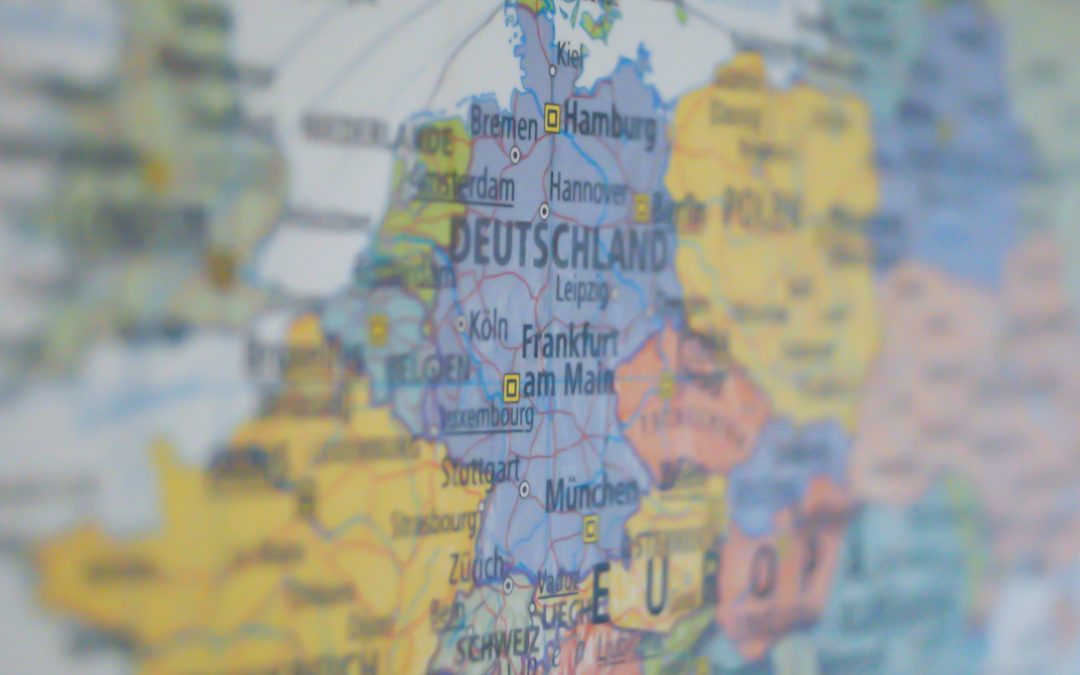Japanese knotweed across Europe
Japanese knotweed is a problem in some European countries, including the United Kingdom, Ireland, France, Germany, Spain, Italy, and the Netherlands.
In the United Kingdom, Japanese knotweed is causing problems. The plant has spread widely throughout the country and caused significant damage to buildings, roads, and other infrastructure. The plant is estimated to cost the UK economy millions of pounds each year in control and eradication efforts, property devaluation, and legal disputes.
Efforts are underway across Europe to control and eradicate Japanese knotweed,
These included various methods, including chemical treatments, mechanical removal, and biological control. However, the plant’s resilience and ability to spread quickly make it a challenging species to manage. All countries will require ongoing efforts to prevent further spread and damage.
Japanese knotweed is a highly adaptable plant that can grow in various conditions, including warmer climates. However, it is only sometimes valid that Japanese knotweed grows better in warmer European countries.
The plant can grow in many different climates and soil types across Europe
From the cooler, wetter regions of northern Europe to the warmer, drier areas of southern Europe. The plant’s ability to grow in various conditions has contributed to its widespread success as an invasive species. It can quickly colonise disturbed areas and outcompete native vegetation.
Warmer temperatures can contribute to faster growth
Warmer temperatures may contribute to faster growth rates and larger plant sizes. Making the plant more difficult to manage and control. Additionally, Japanese knotweed may continue to grow and spread year-round in areas with milder winters. Making it more challenging to control.
The European Union (EU) has guidelines regarding the management and control of Japanese knotweed. In 2019, the European Parliament adopted a resolution on invasive alien species, which includes measures to prevent and manage the spread of non-native species such as Japanese knotweed.
The resolution emphasises the importance of preventing the introduction of invasive alien species into the EU and calls for the development of effective management and control measures for existing invasive species. Furthermore, it highlights the need for increased public awareness and education regarding invasive species and encourages cooperation between member states to address the issue.
In addition to the resolution, The EU has also developed a list of invasive alien species of Union concern, which includes Japanese knotweed. This list serves as a basis for coordinated action at the EU level to prevent the spread of these species. It includes measures such as not allowing the sale, transport, and release into the environment.
Overall, the EU is committed to addressing the issue of invasive alien species, including Japanese knotweed, and has developed a range of measures and guidelines to help manage and control their spread.
Increasing public awareness

European Assembly
The European Union (EU) is taking many steps to increase public awareness of invasive alien species such as Japanese knotweed. These steps include:
Education and outreach:
They are working to educate the public about the risks associated with invasive alien species, including Japanese knotweed, developing educational materials, and conducting outreach campaigns to raise awareness and encourage action.
Citizen science:
Additionally, the European Assembly is encouraging citizens to get involved in monitoring and reporting invasive alien species, including Japanese knotweed. Citizen science programs allow members of the public to contribute to scientific research and help track the spread of invasive species.
Regulations and guidelines:
The EU has developed rules and policies for managing and controlling invasive alien species, including Japanese knotweed. These regulations help to raise awareness of the issue and encourage action to prevent the spread of invasive species.
Collaboration and partnerships:
Furthermore, the EU is working with a range of partners, including member states, non-governmental organizations, and scientific institutions, to address the issue of invasive alien species. By collaborating and sharing knowledge and expertise, the EU is better able to raise awareness and take effective action to prevent the spread of invasive species like Japanese knotweed.
The EU is taking a multifaceted approach to increasing public awareness of invasive alien species, including Japanese knotweed, to prevent their spread and protect biodiversity.
